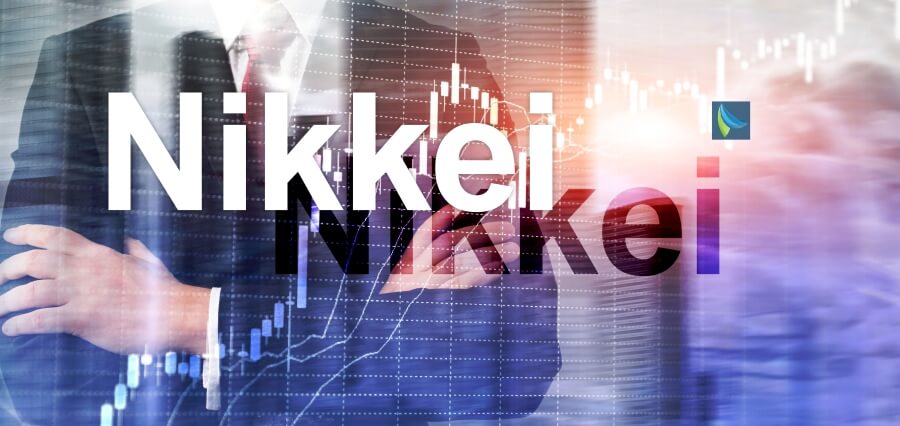On Thursday, the Nikkei share average in Japan reached its highest levels since February 1990 as exporters benefited from a cheaper yen and concerns about an upcoming rate hike by the Bank of Japan dissipated due to weak wage data.
On its third day in a row of gains this week, the Nikkei (.N225) increased 1.77%, finishing at its highest level in over 34 years at 35,049.86. Additionally, the index was headed for its biggest weekly increase since late March 2020.
Lead by Japan, which continued its historic rise ahead of December’s U.S. inflation report, South Korea’s stocks held onto gains following the Bank of Korea’s interest rate holding.
With a closing price of 35,049.86, Japan’s benchmark Nikkei 225 increased 1.77% to close above 35,000 for the first time since February 1990. At 2,482.87, the Topix climbed 1.57% as well, setting new 33-year highs.
Though the heavy lifting was done by technology and auto firms, the index was helped by broad-based advances.
Expectations that the Bank of Japan will stick to its ultra-dovish policy in the foreseeable future, particularly in light of stimulus efforts following a terrible earthquake in central Japan, have been the main driver of recent increases in Japanese stocks.
With a 30% yearly increase, the Nikkei ranked among the top-performing global market indexes in 2023 thanks in part to a dovish BOJ.
Thursday saw gains in the majority of other Asian stocks, mostly due to the strength of local technology sectors. The Hang Seng in Hong Kong was one of the best performers, rising 1.4% as heavyweight tech shares recovered.
The Bank of Korea’s indications that interest rates will probably stay higher for a longer period of time prevented further gains from being realized, despite the KOSPI in South Korea adding 0.2%. On Thursday, the central bank maintained its hold on interest rates and reaffirmed that it has finished rising them.
Read More: https://insightssuccess.com/


